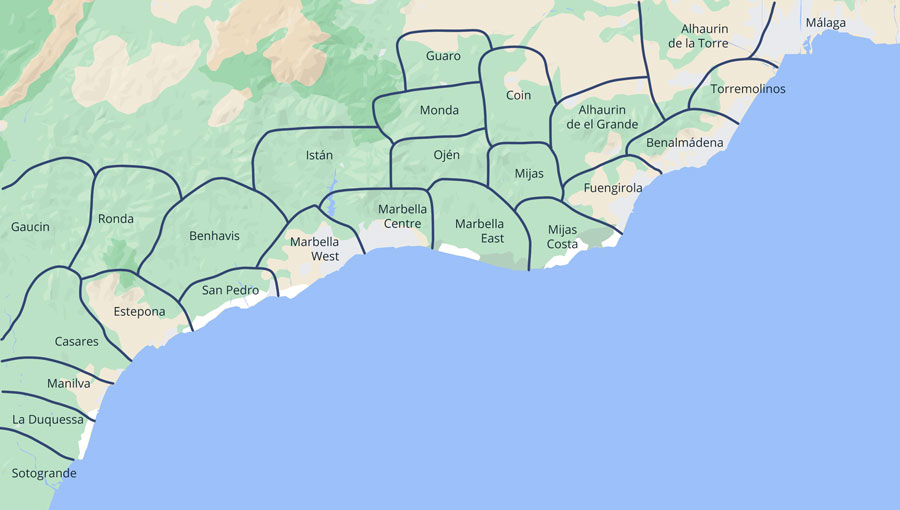The Secret to Longevity: Why the Spanish Live Longer!!

Spain consistently ranks as one of the countries with the highest life expectancies in the world. While genetics play a role, much of this longevity is credited to the Mediterranean lifestyle and diet—a harmonious blend of healthy eating, active living, and a strong focus on community. Here’s a closer look at why the Spanish live longer and what we can learn from their way of life.
- The Mediterranean Diet: A Recipe for Health
At the heart of Spanish longevity is the Mediterranean diet, which is rich in:
Fresh Vegetables and Fruits – Staples like tomatoes, peppers, leafy greens, and citrus fruits provide essential vitamins and antioxidants.
Olive Oil – A cornerstone of the diet, olive oil is high in heart-healthy monounsaturated fats and anti-inflammatory properties.
Fresh Seafood – Spain’s coastal proximity ensures a diet rich in omega-3 fatty acids from fish like sardines, anchovies, and salmon.
Nuts and Legumes – Packed with protein and healthy fats, almonds, chickpeas, and lentils are diet staples.
Moderate Wine Consumption – A glass of red wine with meals is common, and studies suggest it may have heart health benefits when consumed in moderation.
This nutrient-rich diet is linked to lower rates of heart disease, diabetes, and obesity, contributing to the long, healthy lives of many Spaniards.
- A Lifestyle Rooted in Activity
In Spain, physical activity is seamlessly integrated into daily life. People walk everywhere—whether it’s to work, the market, or to meet friends. Cycling and outdoor activities are popular, especially in regions with year-round mild weather like the Costa del Sol.
The Spanish also prioritize leisure time, embracing outdoor activities, swimming, and even dancing during festivals. This natural integration of movement helps maintain fitness and reduces stress.
- The Importance of Community and Family
Strong social bonds are a key element of the Spanish lifestyle. Family is central, and multi-generational households are common, fostering a sense of support and connection.
Social Meals – Mealtimes in Spain are an event, often lasting hours and shared with loved ones. This encourages slower eating and mindful consumption, which aids digestion and prevents overeating.
Cultural Festivals – Frequent local festivals and gatherings keep communities connected and active, contributing to overall happiness and mental well-being.
- Siestas and Slowing Down
The Spanish tradition of taking a siesta—a midday rest—may be more symbolic than widely practiced today, but the cultural emphasis on balance and relaxation remains. Spaniards prioritize work-life balance, with extended lunches and time to unwind, which helps reduce stress and improve overall health.
- Sunshine and Vitamin D
With its abundant sunshine, Spain offers a natural source of vitamin D, essential for bone health, immune support, and mental well-being. The Costa del Sol, in particular, boasts over 300 sunny days a year, encouraging an outdoor lifestyle that promotes both physical and emotional health.
What We Can Learn from the Spanish
The Spanish lifestyle teaches us the importance of balance—between work and leisure, activity and rest, and indulgence and moderation. By adopting elements of the Mediterranean diet, staying active, and fostering strong social connections, we can all take steps toward living healthier, longer lives.
Spain’s secret to longevity is no mystery: it’s a testament to how lifestyle choices can profoundly impact health and happiness.
CONTACT DETAILS:





 We are proud to announce that The Spanish Estate Agent has been awarded Best Luxury Boutique Real Estate Broker 2025. This prestigious recognition reflects our unwavering commitment to excellence, personalized service, and exceptional results in the luxury property market.
We are proud to announce that The Spanish Estate Agent has been awarded Best Luxury Boutique Real Estate Broker 2025. This prestigious recognition reflects our unwavering commitment to excellence, personalized service, and exceptional results in the luxury property market.